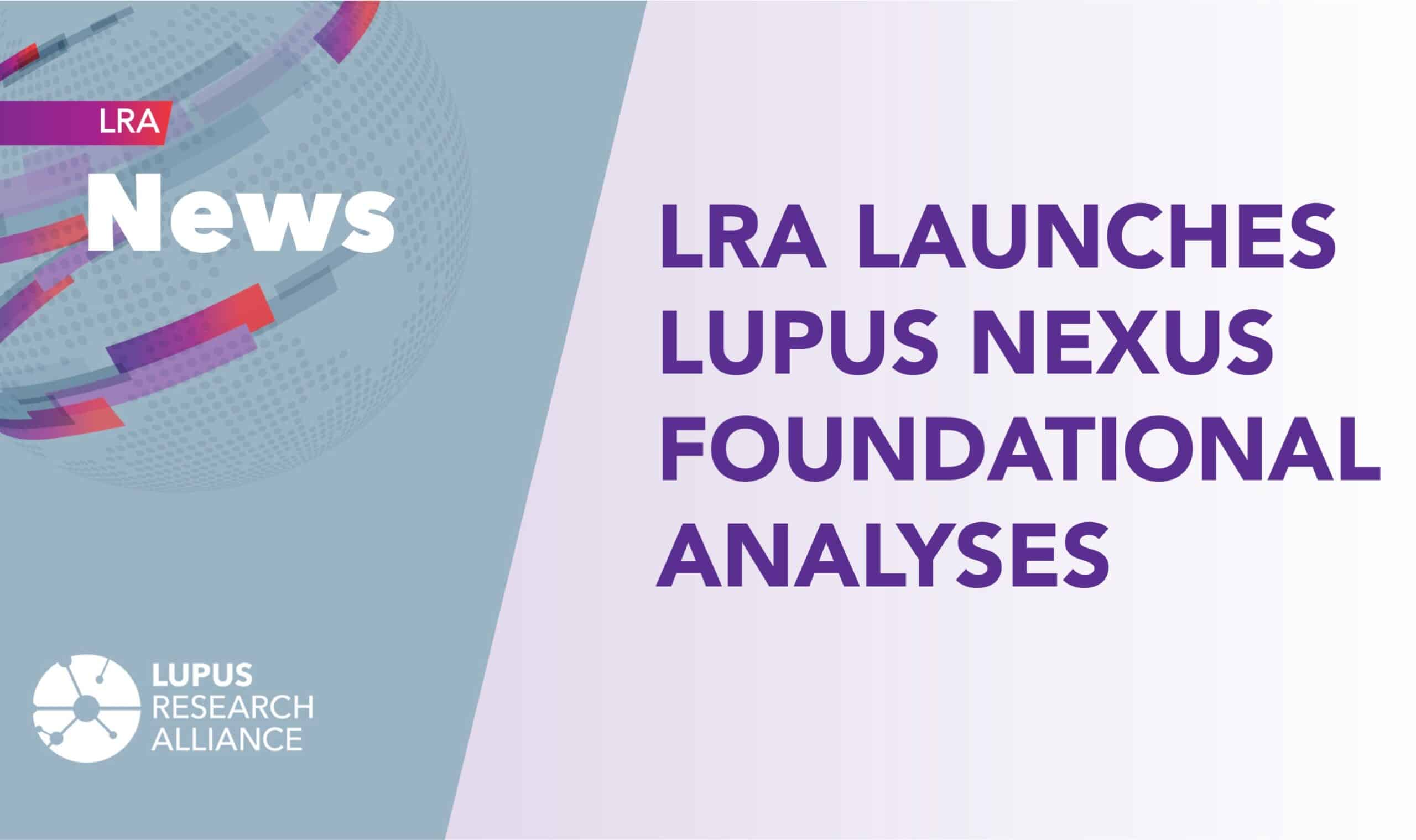LRA Applauds GSK on Positive Phase 3 Study of Benlysta® in Lupus Nephritis

LRA Applauds GSK on Positive Phase 3 Study of Benlysta® in Lupus Nephritis
September 16, 2020
NEW YORK, NY. The Lupus Research Alliance welcomes positive BLISS-LN Phase 3 data published in this week’s New England Journal of Medicine, demonstrating that GSK’s drug Benlysta® (belimumab) significantly improved kidney function in adults with lupus nephritis, the most common severe complication of lupus causing inflammation and serious damage to the kidney.
The two-year multicenter, randomized, double-blind, placebo-controlled international study — the largest one to date in lupus nephritis with 448 patients — showed that belimumab plus standard treatment (mycophenolate mofetil or cyclophosphamide–azathioprine) significantly improved kidney function among 43 percent of patients compared with 32 percent of patients treated with standard treatment alone. In addition, significantly more (30 percent) of patients treated with belimumab plus standard treatment versus 20 percent of those on standard treatment alone showed complete renal response which is a laboratory measurement that indicates the specific level of protein in the urine and blood.
For as many as 30 percent of patients, despite treatment, lupus nephritis worsens to cause end-stage renal disease when the kidneys can no longer function properly and dialysis or an organ transplant is required.[i], [ii],[iii] Lupus nephritis is more common among women than men and particularly among those who are Black, Latinx, and/or Asian.[iv]
Belimumab (Benlysta) was the first drug in 50 years approved as a treatment for systemic lupus erythematosus (SLE) by the U.S. Food and Drug Administration (FDA) in 2011.
“Lupus nephritis, the most common severe complication of systemic lupus, has a great unmet therapeutic need,” commented lead investigator Richard Furie, MD, Chief of Division – Allergy and Immunology, Department of Medicine, Long Island Jewish Medical Center. “My journey with belimumab began 20 years ago, and its FDA approval for SLE in 2011 was an historic event. The BLISS-LN study, which demonstrated benefit beyond standard of care in patients with active lupus nephritis, represents another monumental accomplishment and will hopefully lead to the FDA’s approval to extend belimumab’s use in patients with lupus kidney disease.”
Dr. Furie is Co-Chair of the Protocol Review & Design Sub-Committee at Lupus Therapeutics, an affiliate of the Lupus Research Alliance dedicated to accelerating clinical studies to deliver new treatments for lupus. Dr. Brad Rovin, another principal investigator of the BLISS-LN study and nephrologist at Ohio State University Wexner Medical Center, also serves on this Sub-Committee at Lupus Therapeutics.
Lupus Research Alliance President and CEO Kenneth M. Farber commented, “These results suggest that belimumab could meet the urgent need for a treatment to address one of the most dangerous complications of lupus. The success of the BLISS-LN trial is a success for all the people who took part, and we particularly thank the patients for volunteering in this important trial. We also congratulate GSK on this strong affirmation of their decades-long commitment to improving the lives of people with lupus.”
About Lupus
Lupus is a chronic, complex autoimmune disease that affects millions of people worldwide. More than 90% of people with lupus are women; lupus most often strikes during the childbearing years of 15-45. African Americans, Latin Americans, Asians and Native Americans are at two to three times greater risk than Caucasians. In lupus, the immune system, which is designed to protect against infection, creates antibodies that can attack any part of the body including the kidneys, brain, heart, lungs, blood, skin, and joints.
About the Lupus Research Alliance
The Lupus Research Alliance is the largest non-governmental, non-profit funder of lupus research worldwide. The organization aims to transform treatment while advancing toward a cure by funding the most innovative lupus research, fostering diverse scientific talent, and driving discovery toward better diagnostics, improved treatments and ultimately a cure for lupus. Because the Lupus Research Alliance’s Board of Directors fund all administrative and fundraising costs, 100% of all donations goes to support lupus research programs.
About Lupus Therapeutics
Lupus Therapeutics is an affiliate of the Lupus Research Alliance, which aims to transform treatment while advancing toward a cure by financing the most innovative lupus research in the world. The organization’s stringent peer review grant process fosters diverse scientific talent who are driving discovery toward better diagnostics, improved treatments and ultimately a cure for lupus. Because the Lupus Research Alliance board of directors fund all administrative and fundraising costs, 100% of all donations goes to support lupus research programs. For additional information about the Lupus Research Alliance, visit www.lupusresearch.org.
# # #
[i] Hanly JG, O’Keeffe AG, Su L, et al. The frequency and outcome of lupus nephritis: results from an international inception cohort study. Rheumatology (Oxford) 2016;55:252-62.
[ii] Menez SP, El Essawy B, Atta MG. Lupus 1128 n engl j med 383;12 nejm.org September 17, 2020 Two-Year Trial of Belimumab in Lupus Nephritis nephritis: current treatment paradigm and unmet needs. Rev Recent Clin Trials 2018;13:105-13.
[iii] Yap DYH, Tang CSO, Ma MKM, Lam MF, Chan TM. Survival analysis and causes of mortality in patients with lupus nephritis. Nephrol Dial Transplant 2012; 27:3248-54.
[iv] Lupus and Kidney Disease (Lupus Nephritis). National Institute of Diabetes and digestive and Kidney Diseases. Available at: https://www.niddk.nih.gov/ health-information/kidney disease/lupusnephritis#:~:text=2,How%20common%20is%20lupus%20nephritis%3F,10%20will%20have%20 kidney%20disease. Accessed 7.22.20.



